Food Allergy Awareness Training is suitable for anyone who owns, manages or works in a food-related business to ensure compliance with EU Food Information. During this food allergy training course you will learn what food allergy and intolerance are, how to recognise the symptoms of an allergic reaction, understand what information should be on pre-packed food labels, and what you need to consider to keep customers safe.

Course Overview
Format
- Intermediate
- 1-2 hours
- Online Study
Accreditation
- 3 CPD Points
- RoSPA Assured
Course description
This Food Allergy Awareness Training course is designed to help learners identify the fourteen particular food allergens which must, by law, be recognised and to understand why foods containing allergens must be handled carefully.
Our Food Allergy Awareness course has been updated to include everything you need to know and comply with Natasha’s Law PPDS regulations. Natasha’s Law came into effect on 1st October 2021, the training also includes all the latest legislation and guidance around food allergens.
This allergen training course is aimed at food handlers and anyone working in a role that involves contact with food, or the management of such people. Learners are introduced to the fourteen common food allergens and the importance of handling food containing allergens carefully.
Currently, there are no known cures for food allergies and intolerances. Some consumers have to avoid certain foods and ingredients at all costs to prevent reactions, which in some cases can prove life-threatening. Some carry EpiPens in case of an adverse reaction – if food business workers know how to use these, lives could potentially be saved.
It is therefore vital that food handlers undergo food allergy training so they are aware of the potential triggers for allergic reactions, know how to keep the customers they are catering for as safe as possible, and have an understanding of what could be the safest food group to offer to them as an alternative.
The material is provided in an interactive format that is designed to be engaging and accessible. A basic knowledge of food hygiene will mean learners progress quickly, but the course is designed for anyone working in the service or hospitality sectors and should be suitable for any staff member to give them the knowledge needed to work effectively and safely.
What’s covered in this Food Allergen Training course?
Our online Food Allergen training course is broken down into the following sections and can be completed at your own pace, the course includes:
| Module | What it includes |
| Introduction | An introduction to the course structure, learning outcomes and who the course is for. |
| What is a Food Allergy | We look at what a food allergy is, explain the importance of controlling food allergens in regard to consumer safety, and we describe the cause and symptoms of food allergens and intollerances. |
| Food Safety Hazards | We explore some of the hazards involved with food allergies including physical, chemical, biological and allergenic. We also give you the facts and figures of the food allergy rates from the last 15 years. |
| How to Deal with a Medical Emergency | This module focuses on what to do in the event of an emergency involving an allergic reaction. We cover an emergency checklist,including calling 999, effectively communicating symptoms and reassuring the customer. |
| Legislation – Food Information for Consumers | We explore the food safety laws and requirements to sell food to the public and the food allergens that need to be identified by law including celery, eggs, milk, sesame seeds, milk and more. We also show you how to recognise allergens of product labels. |
| Loose Foods and Communication Between Consumers and Staff | We explain the responsibilties of being aware of what ingredients are present when preparing foods to be sold to a consumer and the best ways of presenting this information. We also explore avoiding cross contamination and preparing foods safely. |
Legislation
The most important piece of legislation currently in force when it comes to allergens in food is the Food Information for Consumers Regulation 2014. This is an EU ruling designed to help make sure that people who suffer from allergies can quickly, easily and reliably determine which foods are safe or not safe for them to eat.
The primary requirement for the Food Information for Consumers Regulation 2014 is that items containing any of the 14 primary allergens must be clearly labelled on pre-packaged food so that consumers know what they are purchasing.
The primary requirement for the Food Information for Consumers Regulation 2014 is that items containing any of the 14 primary allergens must be clearly labelled on pre-packaged food so that consumers know what they are purchasing.
All food handlers have a legal duty-of-care to take all precaution to ensure that the food they produce, sell and served is safe for the customer to consume. It is therefore vital that food handlers undergo food allergy training so they are aware of any potential triggers for allergic reactions.
This food allergy training course will teach learners how to keep customers as safe as possible, and the importance of having an understanding of what the safest food to offer allergy sufferers is.
The 14 allergens that must be labelled or indicated as being present in foods are:
- Celery
- Cereals containing gluten
- Crustaceans
- Eggs
- Fish
- Lupin
- Milk
- Molluscs – such as mussels and oysters
- Mustard
- Nuts – including almonds, hazelnuts, walnuts, brazil nuts, cashews, pecans, pistachios and macadamia nuts
- Peanuts
- Sesame seeds
- Soybeans
- Sulphur dioxide and sulphites
Who is this course for?
This allergen training course is for anyone who owns, manages or works in a food-related business as they need to make sure their operations are compliant with EU Food Information for Consumers Regulation No.1169/2011 / Food Information for Consumers Regulation (FIC) and Commission Delegated Regulation (EU) No. 78 / 2014 amending Annex II to Regulation (EU) No 1169 / 2011.
The Food Allergy Awareness Training Course is therefore suitable for food handlers, as well as those with a role that involves contact with food, or managing workers who do.
Why take this course?
By the end of the food allergy and intolerance training course, learners will:
- Understand what both a food allergy and intolerance are
- Learn to recognise the symptoms of an allergic reaction
- Know which ingredients could cause allergies
- Understand what allergy information is required on pre-packed food labels
- Understand what to consider to keep consumers safe
- Know how to provide allergen information specific to their food business
Course accreditation
Our Food Allergy Awareness Training Course is RoSPA Assured and the certificate, awarded upon successful completion of the training, includes their logo.
The content of the Food Allergy Awareness Training Course has been independently certified as conforming to universally accepted Continuous Professional Development (CPD) guidelines.
Test and certification
At the end of the food allergy online training course, learners will be required to answer 15 multiple choice questions to assess their understanding of food allergy awareness facts. A 75 per cent pass mark is needed and there’ll be three attempts to achieve this at no extra cost. If more than three are required, you will need to contact the Virtual College team to arrange an additional try.
When the 75 per cent pass mark has been achieved, learners will be able to download and print a Virtual College allergy awareness certificate for their records.
The food allergy training certificate will include the RoSPA logo, the name of the learner, the date of completion and the title of the course.
Course duration
The Food Allergy Awareness Training Course should take one to two hours to complete, but this depends entirely on how quickly each individual learns and absorbs the study material.
As the course is self-paced and progress is recorded throughout, learners can complete the training in stages.
Entry requirements
There are no specific entry requirements for this course.
This course is not a formal RQF food safety & hygiene qualification, the levels only indicate the type of course so that businesses can choose whom it is suitable for.
You will learn
- Understanding what both a food allergy and intolerance are
- Learning to recognise the symptoms of an allergic reaction
- Knowing which ingredients could cause allergies
- Understanding what allergy information is required on pre-packed food labels
- Understanding what to consider to keep consumers safe
- Knowing how to provide allergen information specific to their food business
Who is it for?
Roles including:
- Anyone who owns, manages or works in a food-related business will need to make sure their operations are compliant with EU Food Information Regulation No. 1169/2011 (FIR) / Food Information for Consumers Regulation (FIC)
- The Food Allergy Awareness Training Course is therefore suitable for food handlers, as well as those with a role that involves contact with food including staff members in a catering environment like hotels, restaurants, takeaways, cafes, bars, fast food outlets, fish & chip shops, kitchens, hospitals, prisons, schools and colleges
- This course can be used either as Induction, Awareness, Refresher or Foundation Training, making it a highly flexible choice. It also demonstrates that your organisation is dedicated to educating its staff by delivering first class food safety training without the need for off-site learning or disruptive classroom sessions
Legislation
Legislation covered in this course includes:
EU Food Information Regulation No. 1169/2011 (FIR) / Food Information for Consumers Regulation (FIC)
Article 14 of EU General Food Law Regulation 178/20021

